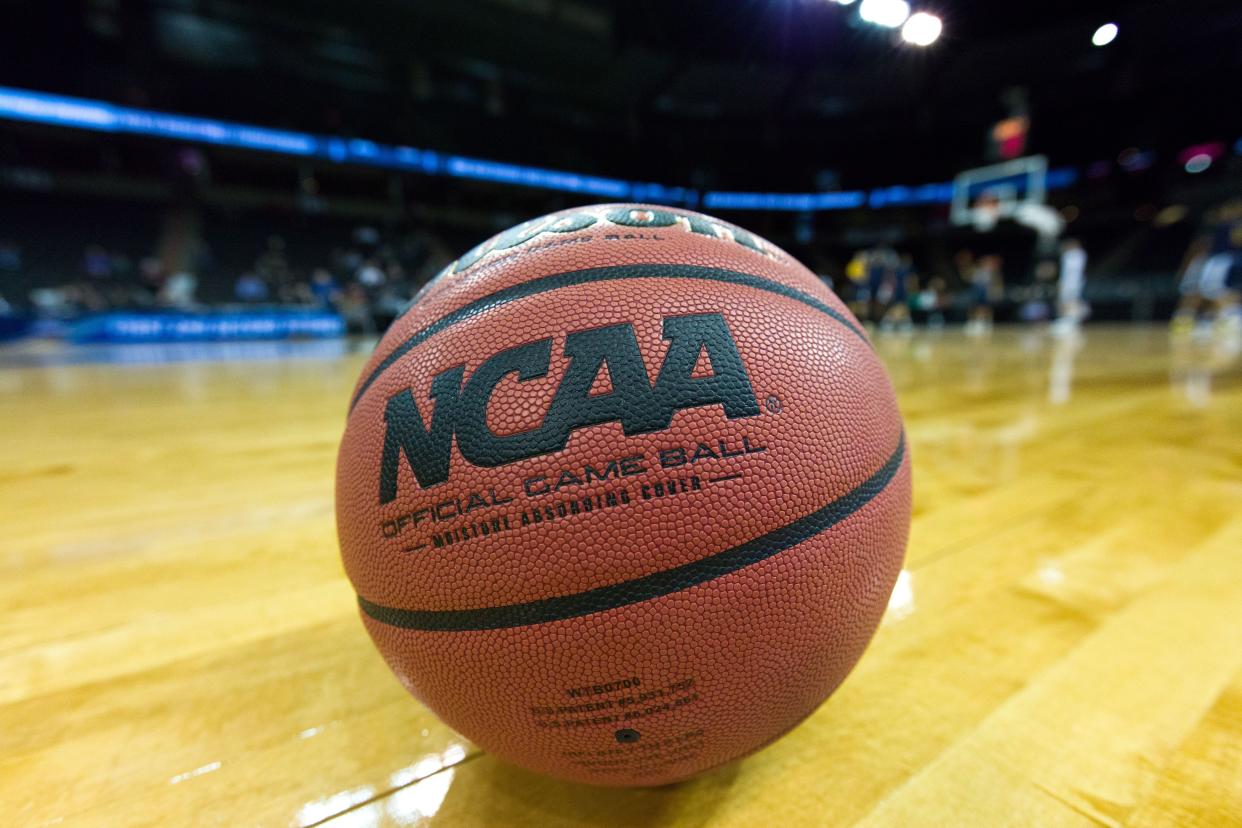NCAA updates participation policy to be more trans-inclusive, changes guidelines to ‘sport-by-sport approach’
To each (sport) its own (rule).
The National Collegiate Athletic Association has updated its student-athlete participation policy to become more transgender-inclusive,
On Wednesday, the NCAA board of governors voted in support of a “sport-by-sport approach to transgender participation” — which will help preserve opportunities for transgender, nonbinary and gender-nonconforming student-athletes, “while balancing fairness, inclusion and safety for all who compete,” the organization said in a news release.
Until now, the policy was uniform across all college sports, and participation for trans and nonbinary student-athletes was based on hormone therapy requirements.
“We are steadfast in our support of transgender student-athletes and the fostering of fairness across college sports,” Georgetown president and chairman of the board John DeGioia said.
“It is important that NCAA member schools, conferences and college athletes compete in an inclusive, fair, safe and respectful environment and can move forward with a clear understanding of the new policy,” he added.

The new policy aligns with new guidelines recently announced by the U.S. and the International Olympic Committees, which call for participation of transgender student-athletes to be determined by the policy for the national governing body of that sport. Such determinations, however, will still be subject to ongoing review and recommendation by the NCAA Committee on Competitive Safeguards and Medical Aspects of Sports to the Board of Governors.
Last year, IOC officials announced the organization’s new framework, which sought to “promote a safe and welcoming environment for everyone,” recognizing the need “to ensure that everyone, irrespective of their gender identity or sex variations, can practice sport in a safe, harassment-free environment” — while respecting and recognizing the needs and identities of athletes participating in competitions where no one has an unfair disadvantage over the rest.
The policy change, which was announced on Nov. 16, came after a two-year consultation process with more than 250 athletes and concerned stakeholders, including international federations and sports organizations, as well as human rights, legal and medical experts.
“Approximately 80% of U.S. Olympians are either current or former college athletes,” NCAA president Mark Emmert said in a statement. “This policy alignment provides consistency and further strengthens the relationship between college sports and the U.S. Olympics.”
Implementation of the NCAA policy will roll out with the 2022 winter championships, for which trans and nonbinary student-athletes will need to document sport-specific testosterone levels beginning four weeks before their sport’s championship selections.
For the 2022-23 academic year, students will need to document their levels at the beginning of the season, and then six months after that — as well as four weeks before championship selections. Full implementation of the policy should begin with the 2023-24 academic year, officials said.
